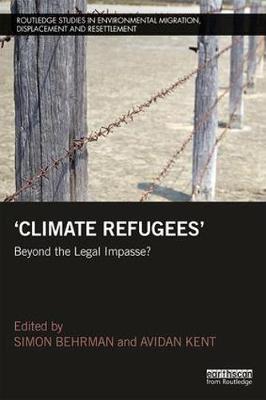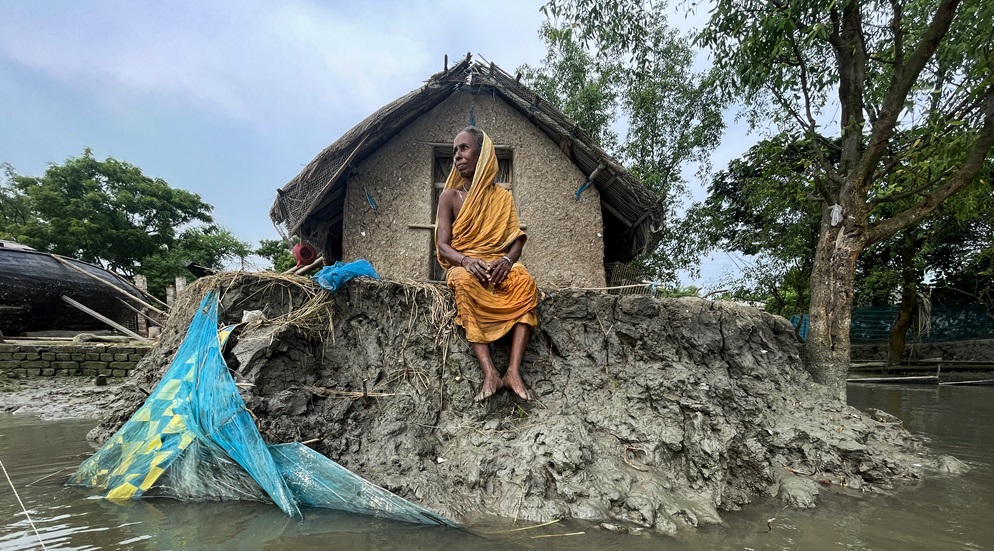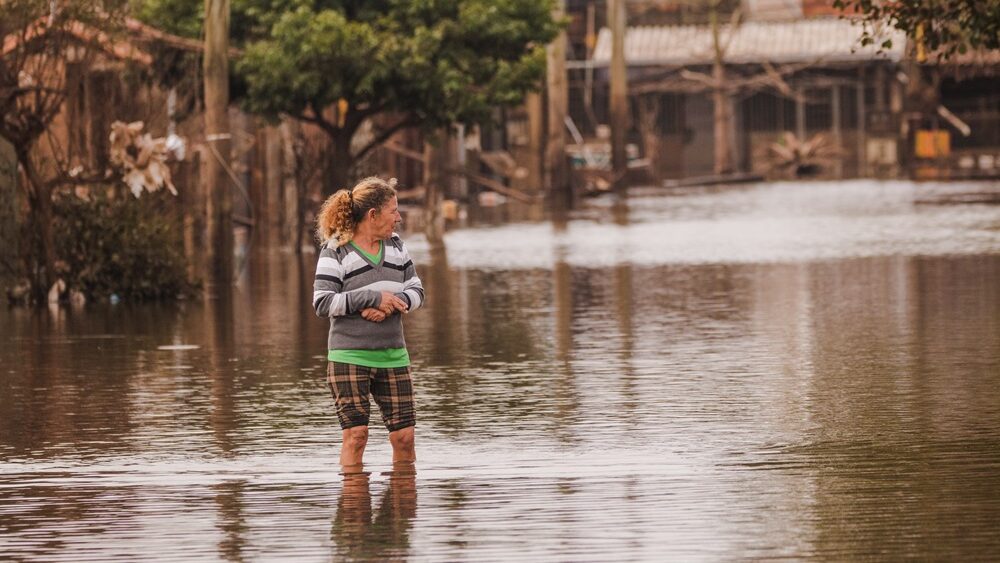Disaster displacement is one of the greatest humanitarian challenges facing the international community in the twenty-first century. Of particular concern is keeping the affected children, women and men at the center of the conversation and working to ensure their human rights are realized. Adding to this discussion, ‘Climate Refugees’ Beyond the Legal Impasse highlights a number of perspectives on the issue of such displacement, examples being the link between the precautionary principle from environmental law to that of non-refoulement, the limitations to the legal definition of refugees and the importance of soft law mechanisms as the most feasible way forward.
The Platform on Disaster Displacement (PDD) contributed to the book by writing a chapter describing gaps in international law and the opportunities of regional, non-binding, state-led processes to fill them. PDD’s contribution opens with an example of Hurricane Otto, which made landfall on the border between Costa Rica and Nicaragua in November 2016 calling for a cross-border response with over 150 Nicaraguans crossing the border into Costa Rica for humanitarian assistance. As hazards know no borders, PDD strongly advocates that displaced persons are able to receive assistance and security regardless of which side of the border you are on (to read more what cross-border movement might look like, click here to read more about a simulation exercise between Costa Rica and Panama) .
Recognizing that the coordination between Nicaragua and Costa Rica was truly exceptional, the chapter goes on to describe that there are effective practices out there already that could be replicated. PDD’s contribution to ‘Climate Refugees’ Beyond the Legal Impasse argues in favor of the role of state-led, regional consultative processes as an opportunity to develop legal frameworks on disaster displacement.





